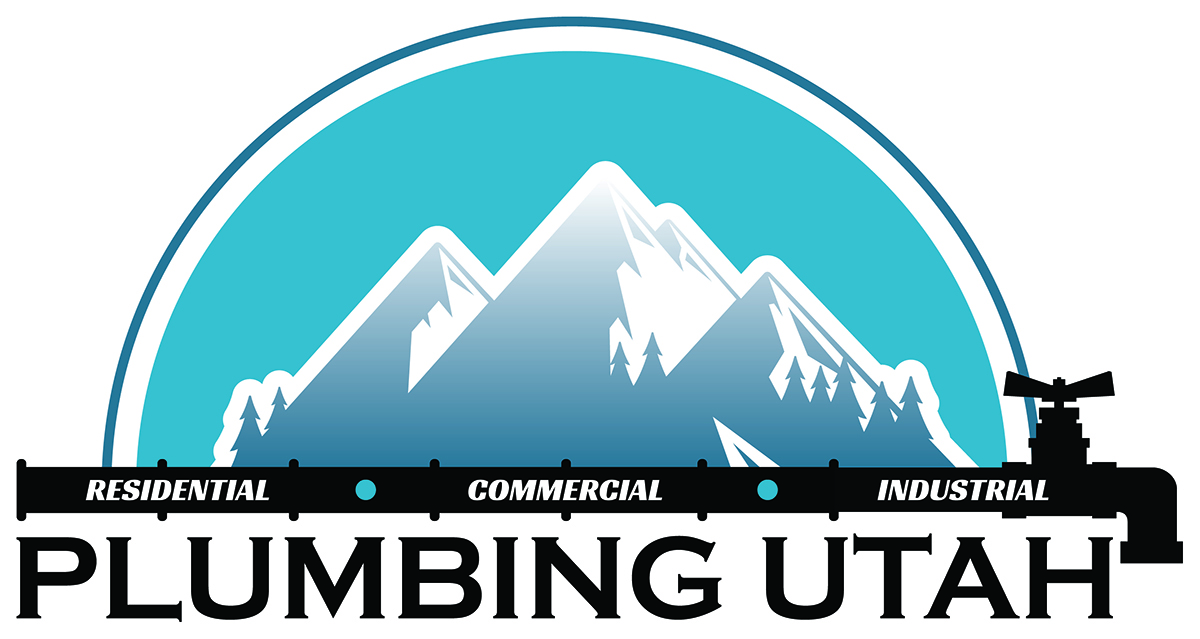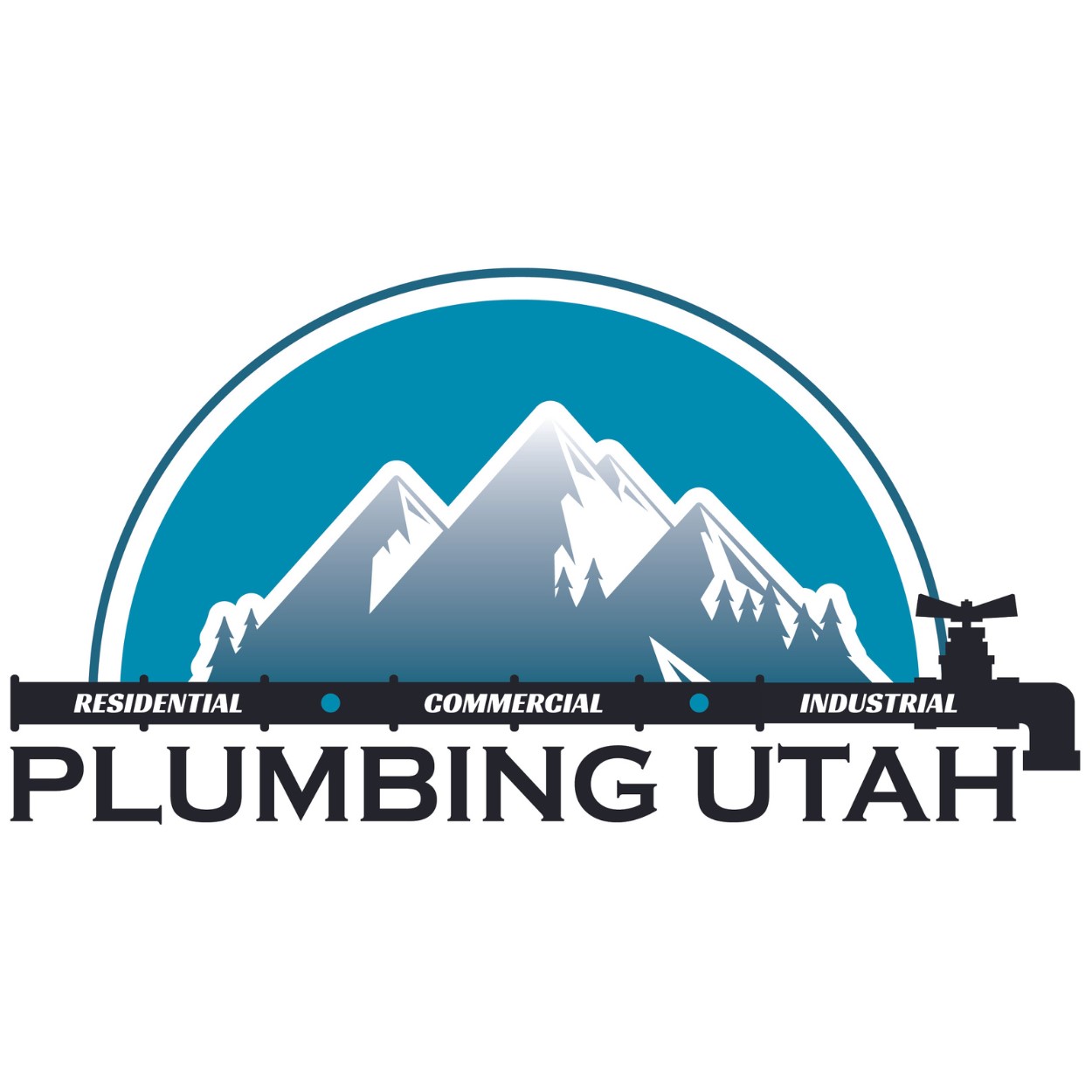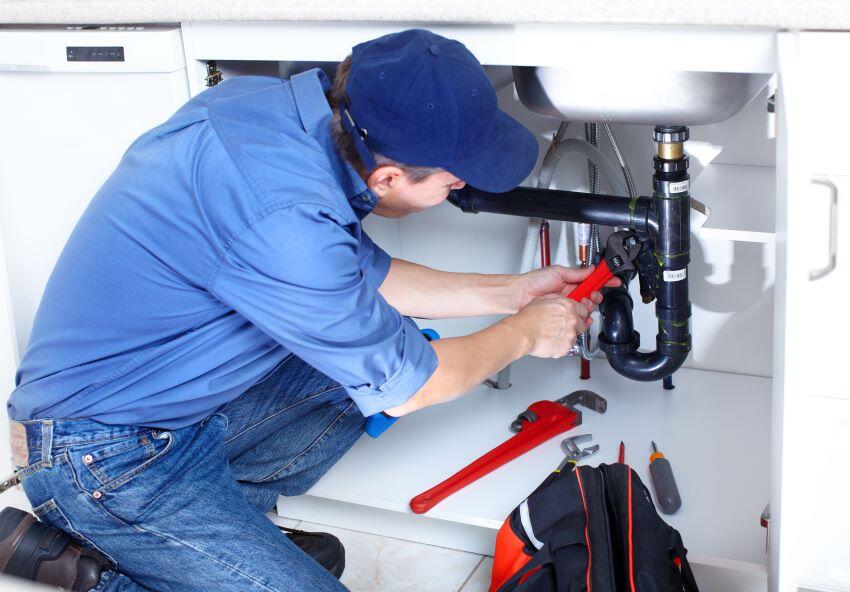- Home
- About Us
- Plumbing
- Drain Cleaning
- Emergency Services
- Faucet Repair or Replacement
- Frozen Pipe Thawing
- Garbage Disposal Repair
- Interior Plumbing
- Leak Detection
- Rooter Service
- Sewer
- Sump Pump Repair Utah
- Water Filtration and Treatment
- Water Heaters
- Water Heater Repair or Replacement
- Water Main Repair or Replacement
- Water Pressure Issues
- Water Softeners
- Toilet Repair
- Sump Pump Repair Utah
- Testimonials
- Coupons
- Financing
- Memberships
- Blog
- Contact Us
Menu
- Home
- About Us
- Plumbing
- Drain Cleaning
- Emergency Services
- Faucet Repair or Replacement
- Frozen Pipe Thawing
- Garbage Disposal Repair
- Interior Plumbing
- Leak Detection
- Rooter Service
- Sewer
- Sump Pump Repair Utah
- Water Filtration and Treatment
- Water Heaters
- Water Heater Repair or Replacement
- Water Main Repair or Replacement
- Water Pressure Issues
- Water Softeners
- Toilet Repair
- Sump Pump Repair Utah
- Testimonials
- Coupons
- Financing
- Memberships
- Blog
- Contact Us


